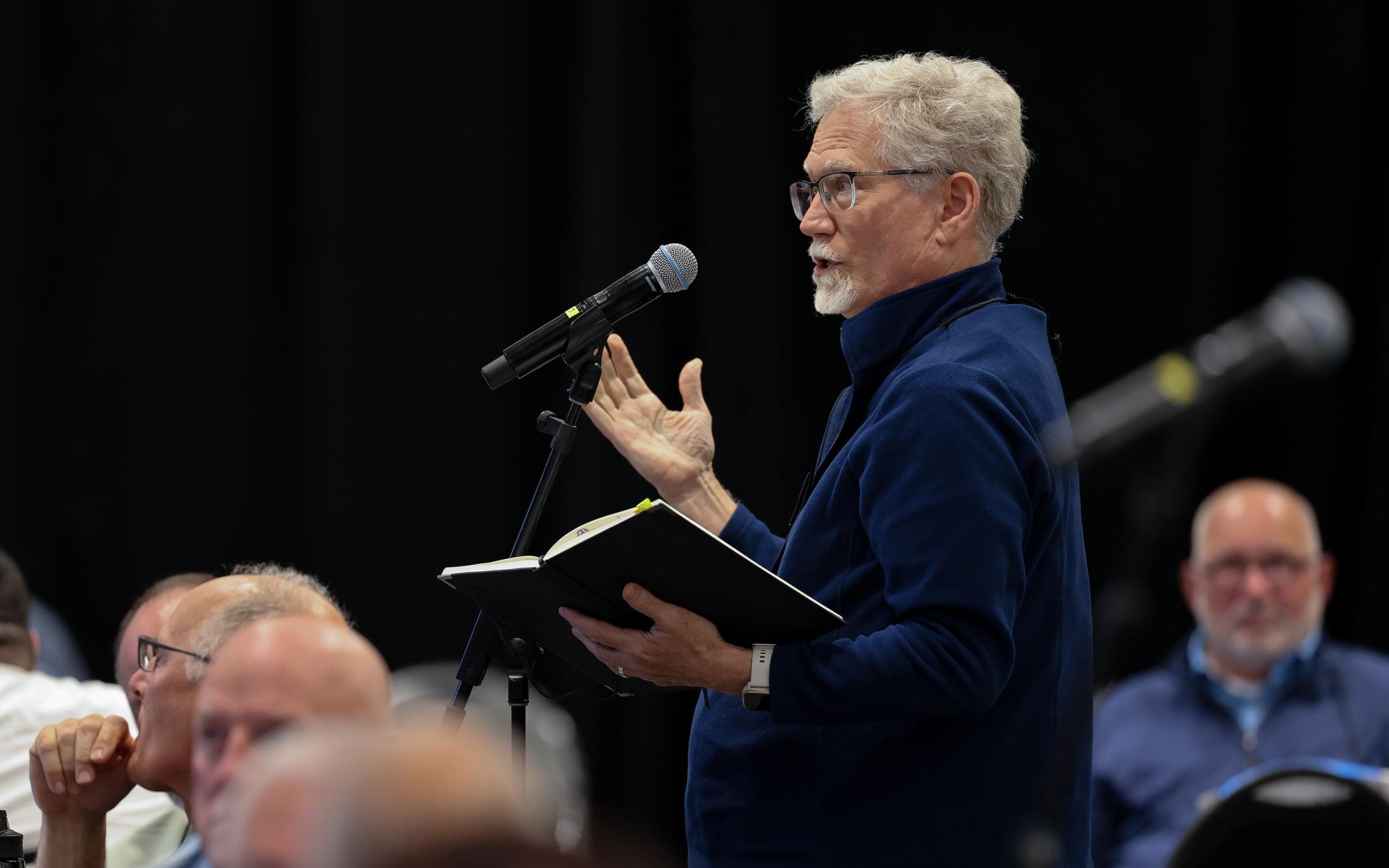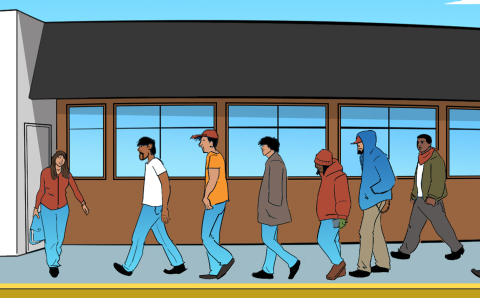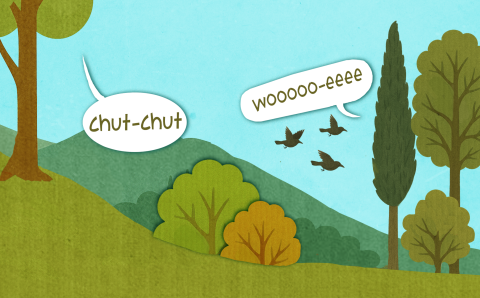Synod 2025 discussed possible changes to the Church Order after being asked to add a ‘Formal Act of Confessional Submission’ for officebearers. It declined to do that and instead voted to alter the text of Article 5 of the Church Order Supplement to remove ambiguity over how many types of gravamen—expressions of confessional concerns—there are and to define “without reservation” with more clarity.
Synod is the annual general assembly of the Christian Reformed Church in North America. It is meeting June 13-19 in Ancaster, Ont.
The changed Church Order supplement will now say there are “two types” of gravamen instead of “at least two basic types.”
Synod also amended “without reservation,” (from the sentence “affirms without reservation all the doctrines contained in the creeds and confessions of the church”) to define it as not having, to the best of an officebearer’s “knowledge, either a persistent serious doubt or settled conviction contrary to any of the doctrines contained in the creed and confessions.” Before this change, “without reservation” was defined as “does not hold a difficulty or settled conviction contrary to any doctrines contained in the creed and confessions.” Synod also said “without reservation” does not mean that the person signing has an “exhaustive knowledge of confessional Reformed theology,” nor does it mean the person “does not struggle emotionally with some doctrine” or “fully understands some doctrine.”
K. C. Vande Streek, Classis Grand Rapids South, who reported for the committee that considered the several requests for a new type of submission gravamen, said, “While we deeply respect the concerns expressed in these overtures, we believe the creation of a new category of gravamen is neither necessary nor wise.” Vande Streek recognized that there were many nuances in the overtures and said the committee “thought this was the best and most concise way to address all of those.”
Paul Vander Klay, Classis Central California, recognized the clarity as “one of the most important things we’re doing at this synod.” He said the committee’s report “convinced me that, for this synod this is a good move for now.” He said he believes the committee’s report—which included words of deep care for the congregations that expressed difficulty finding officebearers within the confines of confessional subscription “without reservation”—should be available for classes and churches.
Greg Sinclair, Classis Toronto, said, “I’m so appreciative that you recognize the struggles that we’re having in our churches,” and, “We need space to struggle with them (the confessions).”
Nathan Dykstra, Classis Illiana, was part of the committee during Synod 2024 who wrote the Church Order Supplement section that has now been changed. He said, “I appreciate the addition and changes that have been made” because it adds clarity.
Scott Elgersma, Classis California South, said the changes are “not perfect because nothing we do here is perfect, and we will revisit this—it will happen—but you (the committee) blessed us with a continued process, and a process that I believe is pastoral, it is understanding.” He said, “We’re continuing to work this through, and we’re continuing to express this within our communities and within our denomination in a way that is sensitive and thoughtful.”
Jeff Fisher, Classis Grand Rapids East, was against striking out the words “at least” two types of gravamina because it’s the language that’s been there since 1976. He said cutting out “at least” removes flexibility, “I don’t want a loophole, but I want a little bit of flexibility.”
John Tamming, Classis Huron, requested clarity on “persistent serious doubt.” Vande Streek said someone needs to write a confessional difficulty gravamina “when your persistent doubt crystalizes to ‘you now hold a belief that is contrary.’” Meanwhile, including the words “‘persistent serious doubt’ recognizes there is tension” —there’s a “good faith trust that we will live out our faith despite our doubts.”
Synod 2025, the annual general assembly of the Christian Reformed Church in North America, is meeting June 13-19 on the campus of Redeemer University in Ancaster, Ont. Find daily coverage from The Banner at TheBanner.org/synod. Visit crcna.org/synod for the agenda, advisory reports, recordings of plenary sessions, and to subscribe to the daily Synod News email.
About the Author
With a passion for words and creativity, Kristen Parker has been a freelance news correspondent for The Banner since 2019. She became the communications coordinator for Canada with Christian Reformed Church Communications in 2025. Kristen and her husband Chris, enjoy running and thrift shopping. They attend Stratford CRC in Stratford, Ont.









